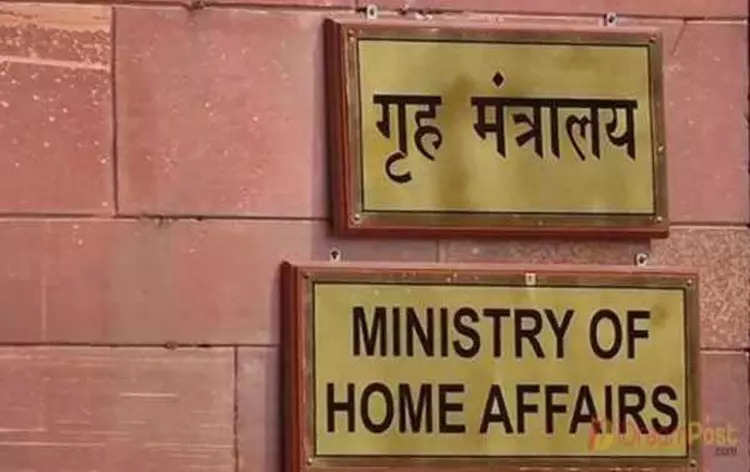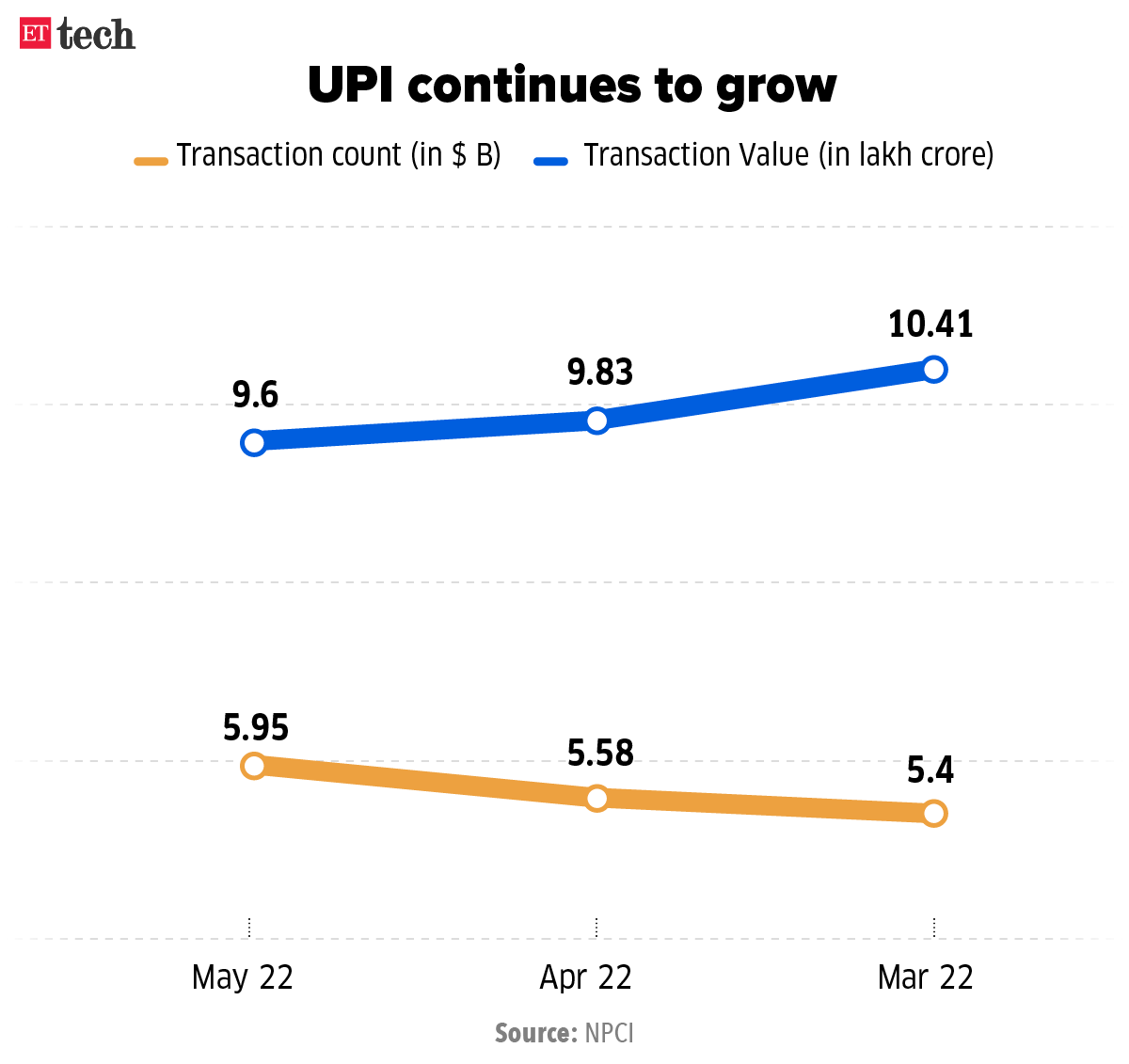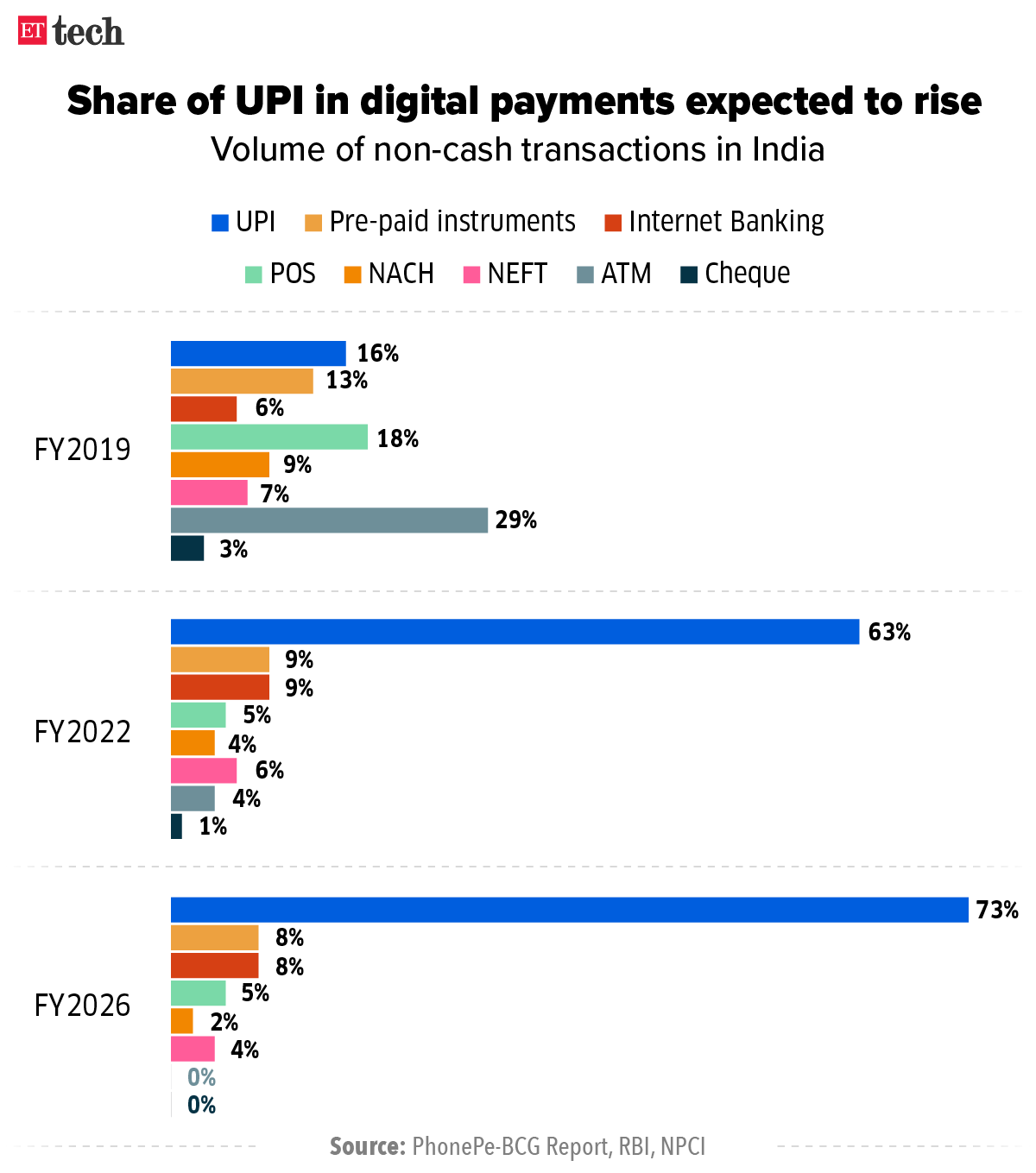Also in this letter:
■ Chinese funds to face more scrutiny on board appointments
■ ExpressVPN rejects new VPN rules, to pull all servers from India
■ India’s digital payments market set to touch $10 trillion by 2026
MeitY’s proposed changes to IT rules withdrawn within hours
An official draft proposing changes to the country’s technology and social media rules was abruptly withdrawn on Thursday, hours after it had been made public.
The proposed changes included creating one or more grievance appellate committees that review and possibly overturn content moderation decisions by social media companies.
False start: Officials from the Ministry of Electronics and Information Technology (Meity), who did not wish to be named, said the ministry took down the draft proposal, dated June 1, to “make some changes”, and that a revised set of rules would be uploaded “later”.
They declined to divulge the nature of the changes or when the draft would be released again.
The u-turn comes a year after the new rules, which include several contentious clauses, came into force on May 26, 2021.
What it said: In the now-withdrawn draft, the IT ministry called for the creation of one or more grievance appeals committees to evaluate complaints from aggrieved social media users. It noted that such oversight would “provide an alternative” to users who do not agree with the decisions of any social media company or internet intermediary.
It said the appellate committees would have to decide on user appeals within 30 days and that platforms would have to comply with its orders.
Pushback: While “appreciating” proposals in the withdrawn draft that required social media and internet platforms to respect the constitutional rights of Indians, including privacy and due process, digital privacy activists said the clauses were worded vaguely.
“We appreciate the amendment but the clause is vague and doesn’t clarify whether it proposes that fundamental rights can now be judicially enforced against platforms,” said Apar Gupta of Internet Freedom Foundation.
Concerns on traceability: Industry experts said the draft did not address critical concerns about certain clauses in the rules, such as one requiring traceability.
One of the most contentious rules requires instant messaging apps to reveal the ‘first originator’ of any message on their platform that the government deems problematic. WhatsApp has challenged this rule in the Delhi High Court, while other companies have moved court against other portions of the IT Rules.
Chinese funds to face more scrutiny on board appointments

Chinese nationals as well as those from Hong Kong who are appointed as directors on boards of Indian companies will need security clearance, according to a government notification issued on June 1. The rules, in fact, will apply to people from all countries that share a land border with India.
This will largely affect Chinese manufacturing companies that have subsidiaries in India and China, and Hong Kong-based private equity or venture funds that have invested in startups here.
Why? The requirement has been imposed after it was found that China and Hong Kong investors were devising alternate structures to circumvent April 2020 restrictions on foreign investments from neighbouring countries, sources told us.
The April 2020 guidelines required government approval for foreign investment from countries that share a land border with India. A committee was set up to provide case-by-case security clearance for such investments. The measure was seen as targeted at Chinese investment following border clashes that year.
Closing the back door: In some instances, it was found that a Chinese company would create a US or Cayman Islands-based entity through which it could route the investment without any restrictions. It would subsequently appoint senior Chinese executives as directors to exercise control.
There were 490 foreign nationals registered as active directors in India as of February, according to Ministry of Corporate Affairs (MCA) data. This doesn’t mention the nationality of these directors. Experts estimate that around 30% of them are from China or Hong Kong.
ExpressVPN rejects new VPN rules, to pull all servers from India

ExpressVPN has announced that it will remove all of its VPN servers in India in response to the government’s new rules for VPN companies, which are scheduled to take effect on June 27.
Strong words: “With a recent data law introduced in India requiring all VPN providers to store user information for at least five years, ExpressVPN has made the very straightforward decision to remove our Indian-based VPN servers,” the company said in a blog post.
“ExpressVPN refuses to participate in the Indian government’s attempts to limit internet freedom,” it said.
Service will continue: The company said its users will still be able to use ExpressVPN to connect to servers that will give them Indian IP addresses and allow them to access the internet as if they were located in India. It said these ‘virtual’ India servers would be physically located in Singapore and the UK.
Catch up quick: In late April, the Indian Computer Emergency Response Team (CERT-In) issued rules that require VPN service providers to maintain logs of users, including their real names, IP addresses, usage patterns, and other identifying data for five years – even after they stopped using the service.
The rules quickly drew criticism from privacy experts and VPN companies such as NordVPN, SurfShark and, of course, ExpressVPN. CERT-In later clarified that the new rules would not apply to enterprise and corporate virtual private networks.
On May 11, a senior official told us the government had the right to seek VPN records to combat cybercrimes.
And on May 19, Minister of State for Electronics and Information Technology Rajeev Chandrasekhar said VPN service providers that did not adhere to the rules were “free to leave India”.
Tweet of the day
India’s digital payments market set to touch $10 trillion by 2026

The ongoing digital revolution will triple India’s digital payments market to $10 trillion by 2026, according to a new report by digital payments firm PhonePe and Boston Consulting Group (BCG).
Digital instruments processed payments worth $3 trillion in India last year, and currently, 40% of all transactions are digital, the report said.

UPI magic: Since the advent of UPI, digital payments have skyrocketed in India. Last month, UPI clocked 5.95 billion transactions worth Rs 10.41 lakh crore. The report forecasts UPI will account for 73% of all digital payment volumes by 2026.
“UPI saw about a nine-fold transaction volume increase in the past three years, from five billion transactions in FY19 to about 46 billion in FY22, accounting for more than 60% of non-cash transaction volumes in FY22,” it said.

Challenges persist: Despite the strong growth in digital payments, issues like KYC norms, fraud and UPI outages continue to restrict wider acceptance.
Curefoods raises $43 million led by Winter Capital

Cloud kitchen startup Curefoods has raised $43 million in a funding round led by Winter Capital, with participation from new investor Three-State Capital and existing investors. The company also raised $500,000 in debt from venture debt firm Alteria Capital.
Starting in 2020, Curefoods operates cloud kitchen brands like EatFit, Yumlane, Aligarh House Biryani, and MasalaBox among others. The company is building a Thrasio style model — acquiring and scaling brands albeit in the food category in India. Earlier this year, it merged with rival Maverix, and the combined entity runs about 125 cloud kitchens across 12 cities, including Delhi, Mumbai, and Bengaluru.
Other done deals

■ Tata-owned Innovative Retail Concepts, which operates BigBasket, raised Rs 350 crore more from its holding company, Supermarket Grocery Supplies, according to regulatory filings sourced from Tofler. The latest investment was approved on May 24, the filings showed. ETtech reported in April that BigBasket had received a Rs 1,000-crore infusion from the holding company.
■ Homegrown video streaming platform, Eloelo raised $13 million from KB Investments, Kalaari Capital, and existing investors. The company has raised $16 million since its inception. The new capital will be used to expand its tech and product, and foster new partnerships with creators.
Other Top Stories

Meta’s Sheryl Sandberg recognises Indian women’s association in farewell note: Sheryl Sandberg, Meta’s COO, announced her departure from the company on Wednesday, ending a 14-year tenure. Reflecting on her time at the company, she said In a statement, “Just last month, I heard about how in India, the Self Employed Women’s Association connects over WhatsApp to organise and increase their collective bargaining power.”
How Sandberg rose to become second-in-command at Facebook: Mark Zuckerberg, founder and CEO of Facebook, claimed in 2008 that he hired Sheryl Sandberg, a Google executive, because “she has just about the most relevant industry experience for Facebook, especially since we need to scale our operations and scale them globally.”
Veteran deal maker’s $135 million tech fund: Veteran banker and deal maker Sanjay Nayar is setting up a new $135 million fund to invest in early-stage technology startups. The India chairman of private equity behemoth KKR is looking to fill up a funding gap left by global institutional venture capital firms, which have turned cautious on India bets.
Clubhouse’s international head departs: Aarthi Ramamurthy, the international head of the audio-based social network Clubhouse, has stepped down over a year after joining the company. Ramamurthy previously had stints at Meta, Netflix and Microsoft. She had also founded a Y Combinator-backed photography gear rental startup, Lumoid.
Global Picks We Are Reading
■ Google’s plan to talk about caste bias led to ‘division and rancour’ (The Washington Post)
■ India’s online education startups are struggling to survive in a post-pandemic world (Rest of World)
■ Sheryl Sandberg and the death of ‘The Deal’ (Wired)
























